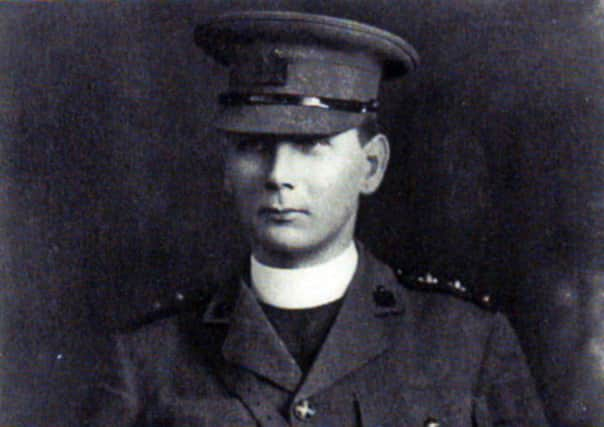Chaplain who ministered to Somme soldiers


However, he was an avid diarist and his accounts of ministering to the dying and wounded have been preserved by his family, including daughter-in-law Mrs Dorothy Redmond, who still lives in the town.
Some of those vivid experiences have also been collated by Canon WEC (Ted) Fleming, historian and former rector of Tartaraghan, who knew Rev Redmond personally and conducted his funeral service almost 50 years ago.
Advertisement
Hide AdAdvertisement
Hide AdThe Rev Redmond, who was born in 1876, arrived in the Somme on June 16, 1916. He was stationed just 12 miles behind the firing line, and could hear the booming of the heavy guns like distant thunder.


Ten days later, his casualty clearing station received the first convoy of wounded from the front. “It is a most heartbreaking sight to see a victim struggling in anguish for breath,” he wrote.
On July 1, the infantry launched an attack on the German lines and the station was inundated with injured soldiers, admitting about 1,000 in three days.
There were some 60,000 British casualties (including 20,000 killed) during the first day of the assault, with the 36th Ulster Division suffering heavy losses.
Advertisement
Hide AdAdvertisement
Hide AdIn the days and weeks that followed, the Rev Redmond spent his days visiting the wounded, writing letters for patients and to relations of those who had died, and conducting funerals.


Among those he tended on the battlefield was James Emerson from Louth, aged 21, who was posthumously awarded the Victoria Cross. The Rev Redmond wrote to the young soldier’s mother telling her of his gallant actions and of his final moments “when he thought of you”.